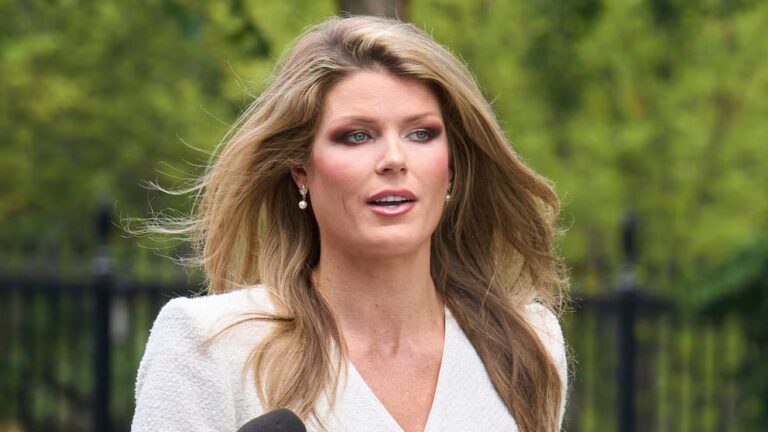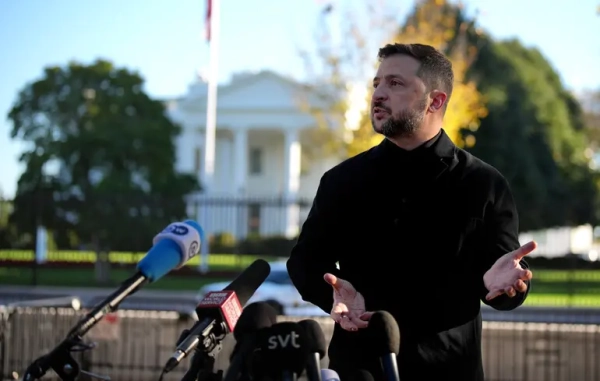
President Donald Trump’s administration is preparing a wide-ranging rollback of business rules and regulations in an attempt to mitigate the shock of the worst economic collapse in a generation, according to a Washington Post report.
Though the specifics have yet to be finalized, two people familiar with the plans told the Post’s Jeff Stein and Robert Costa that the administration is going to focus on small businesses; targeted regulations could include environmental policy, labor policy, workplace safety, and health care. The administration is also reportedly interested in expanding a program that requires federal departments to roll back two regulations every time it introduces a new one.
The economic deregulation fits into a larger pattern from the White House during Trump’s first three years in office, one that’s continued even as the pandemic has gone on. The administration, for instance, eased clean air requirements in early April despite the fact that cleaner air would help Americans better deal with respiratory illnesses like Covid-19, the disease caused by the novel coronavirus.
The latest deregulatory plans are being worked on by a team of high-level administration officials, who hope to release them by the end of April or early May, per the Post:
More than 22 million people in the US have filed initial claims for unemployment over the last three weeks, triggering the biggest economic shock since the Great Depression. White House officials claim that undoing government regulations for small businesses will help encourage investment in a down market.
Several conservative groups, including the Heritage Foundation, recently released plans for the administration to pursue deregulation. Among the Heritage plans the White House found intriguing was a call for the president to ask agencies not to enforce small business regulations altogether.
“A presidential call for a wide-scale policy of non-enforcement would send a very strong signal to businesses that the government is not going to come down hard on them as they try to get back up and running,” the Heritage plan said.
Left-leaning policy experts disagree.
“This sounds exactly like the type of opportunistic political move that absolutely should not be attempted right now,” Jared Bernstein, a former adviser to presumptive Democratic presidential nominee Joe Biden, told the Post. “Correlations between regulations and economic activity are far shakier than they assume, and I don’t believe this idea will help at all.”
The White House hopes to marry the deregulatory plan with a payroll tax cut — another of Trump’s long-desired financial policy goals, but one that would need congressional approval in the next round of stimulus bills.
Trump’s deregulation agenda has flourished in the coronavirus economic crisis
This isn’t the first time the Trump administration has used the economic collapse caused by Covid-19 to push back regulations across multiple government agencies. Much of the effort thus far has focused on easing environmental regulations, which has been a priority throughout most of Trump’s first term.
In early April, the administration finalized its rollback of Obama-era requirements for vehicle fuel efficiency. And on March 26, the Environmental Protection Agency issued a directive saying it would “not expect to seek penalties for violations of routine compliance monitoring, integrity testing, sampling, laboratory analysis, training, and reporting or certification obligations in situations where the EPA agrees that Covid-19 was the cause of the noncompliance.”
The move allows air polluters to flout federal law without fear of penalty, right when clean air is perhaps most important for the health and safety of everyday Americans.
Respiratory illnesses like Covid-19 are exacerbated by air pollution, as explained by Vox’s Matthew Yglesias:
Support Vox’s explanatory journalism
Every day at Vox, we aim to answer your most important questions and provide you, and our audience around the world, with information that has the power to save lives. Our mission has never been more vital than it is in this moment: to empower you through understanding. Vox’s work is reaching more people than ever, but our distinctive brand of explanatory journalism takes resources — particularly during a pandemic and an economic downturn. Your financial contribution will not constitute a donation, but it will enable our staff to continue to offer free articles, videos, and podcasts at the quality and volume that this moment requires. Please consider making a contribution to Vox today.
Sourse: vox.com






